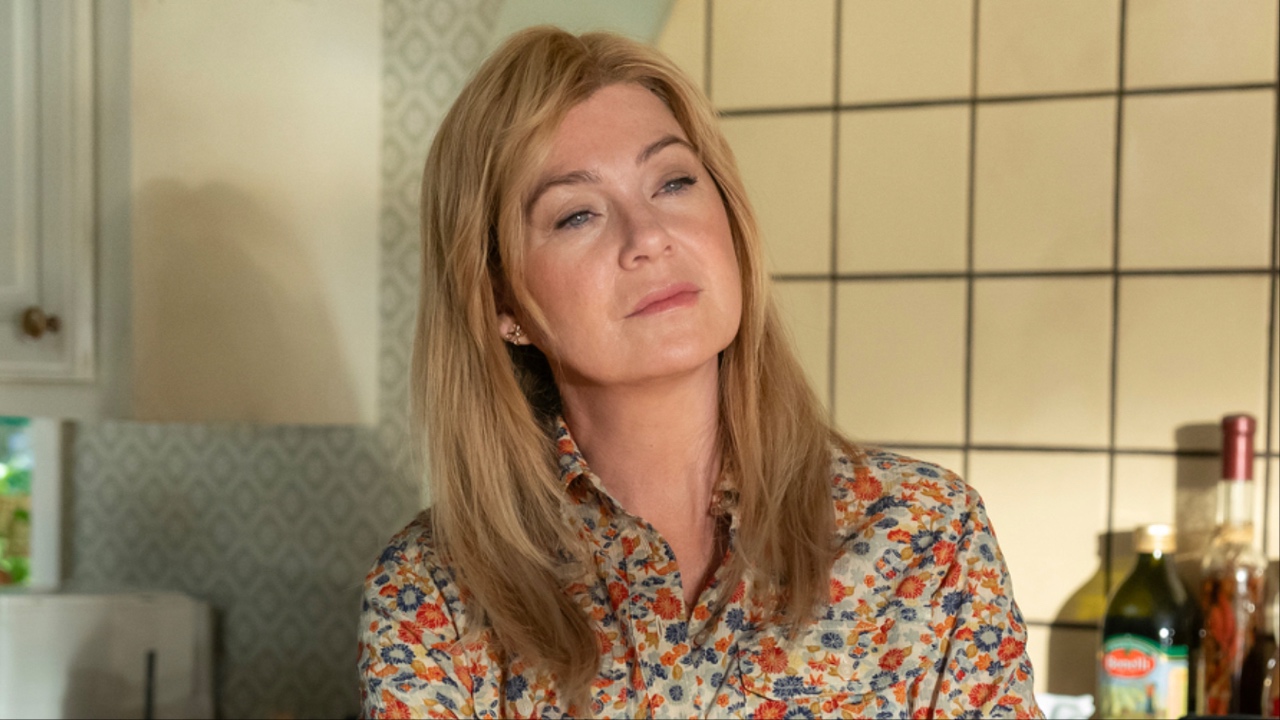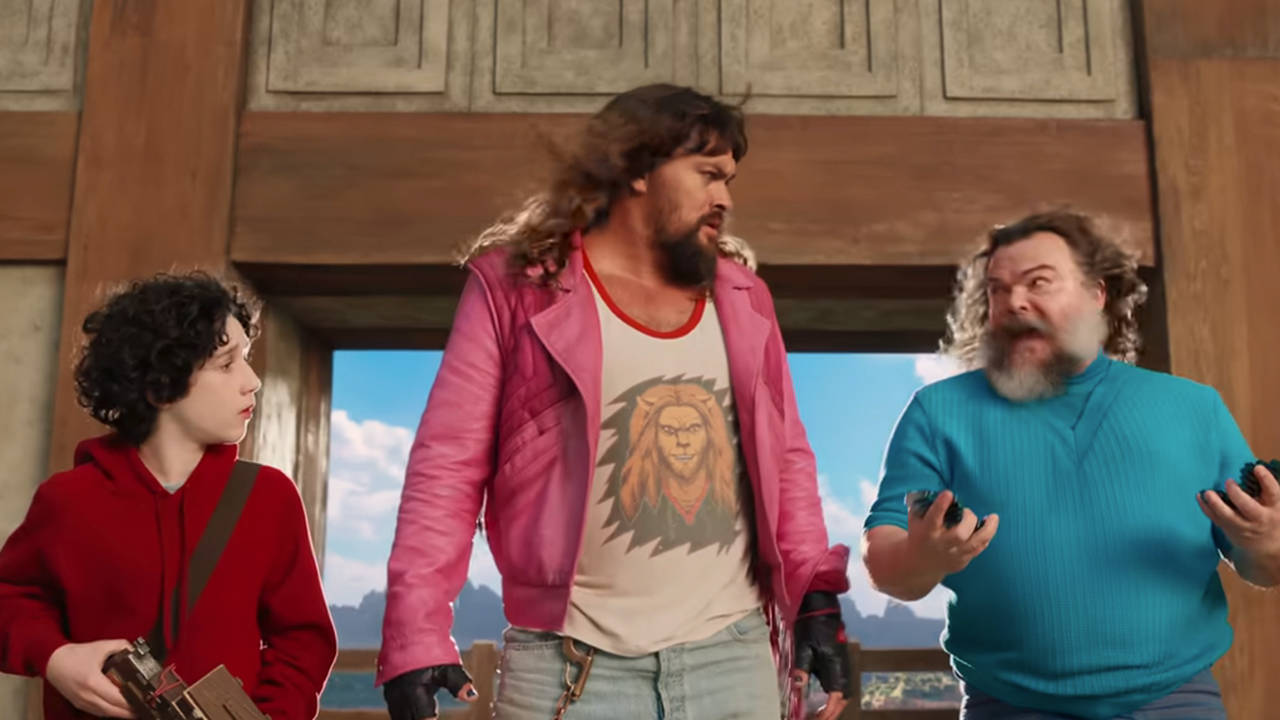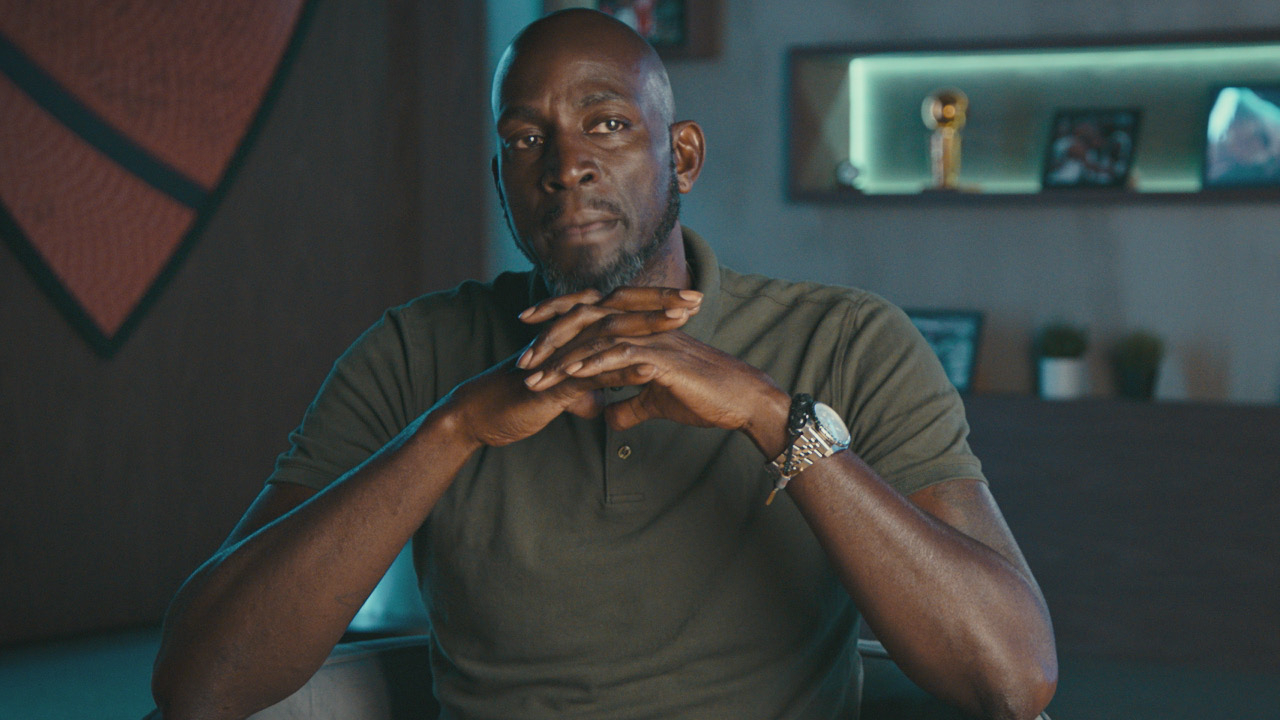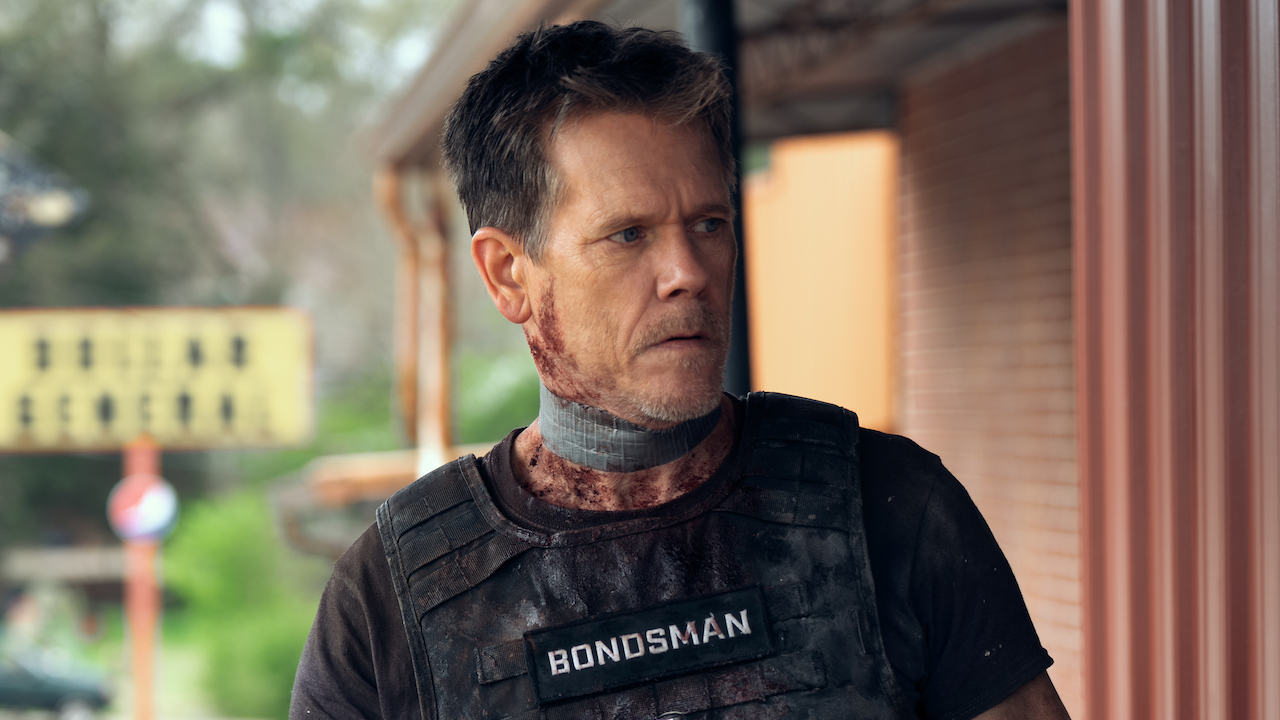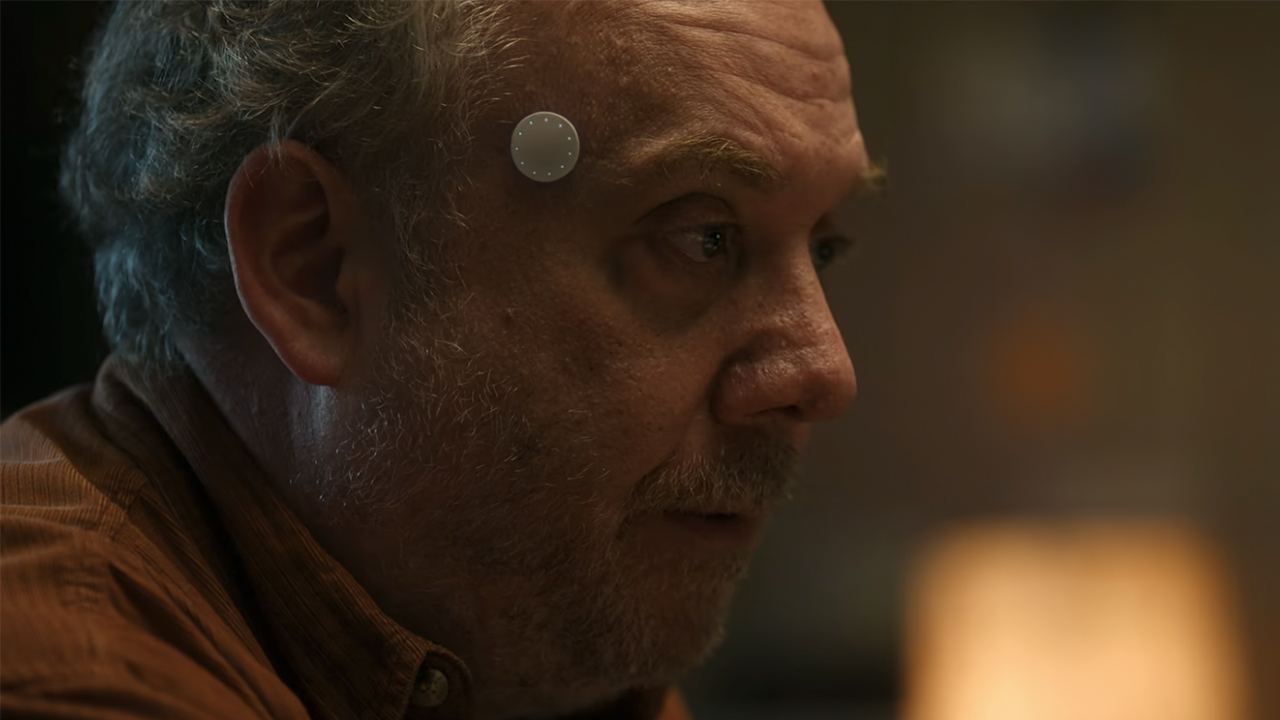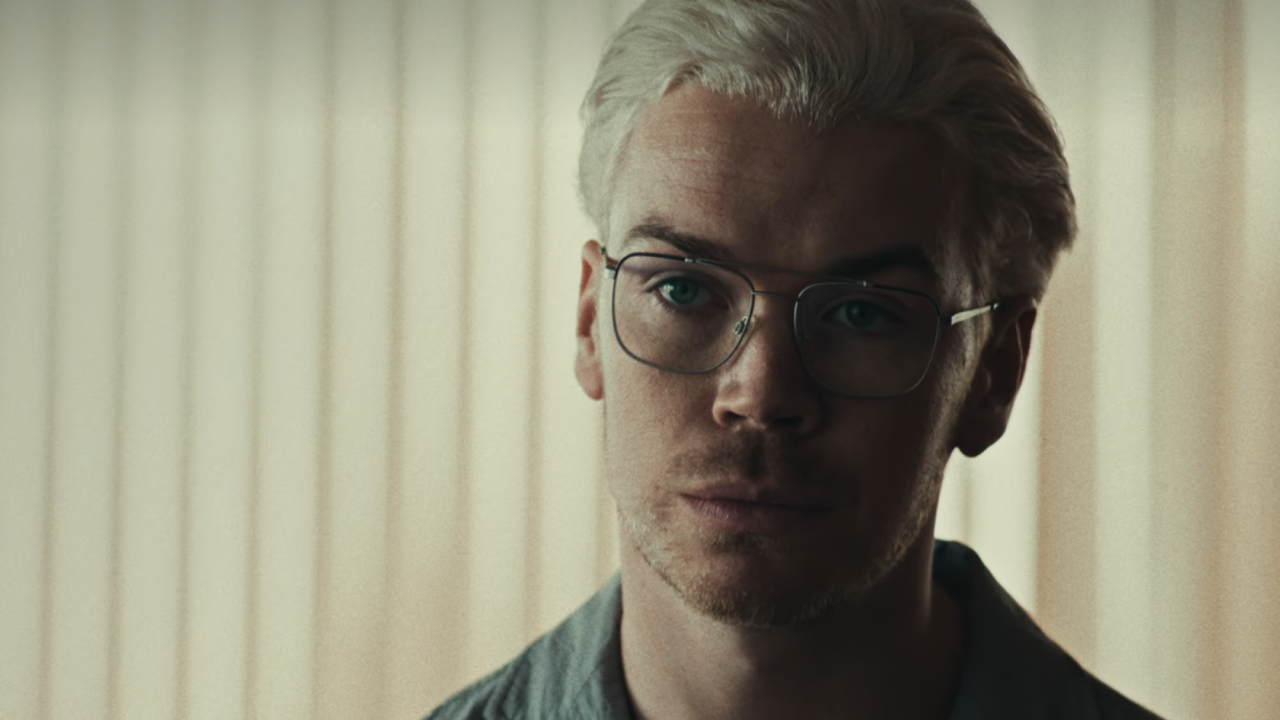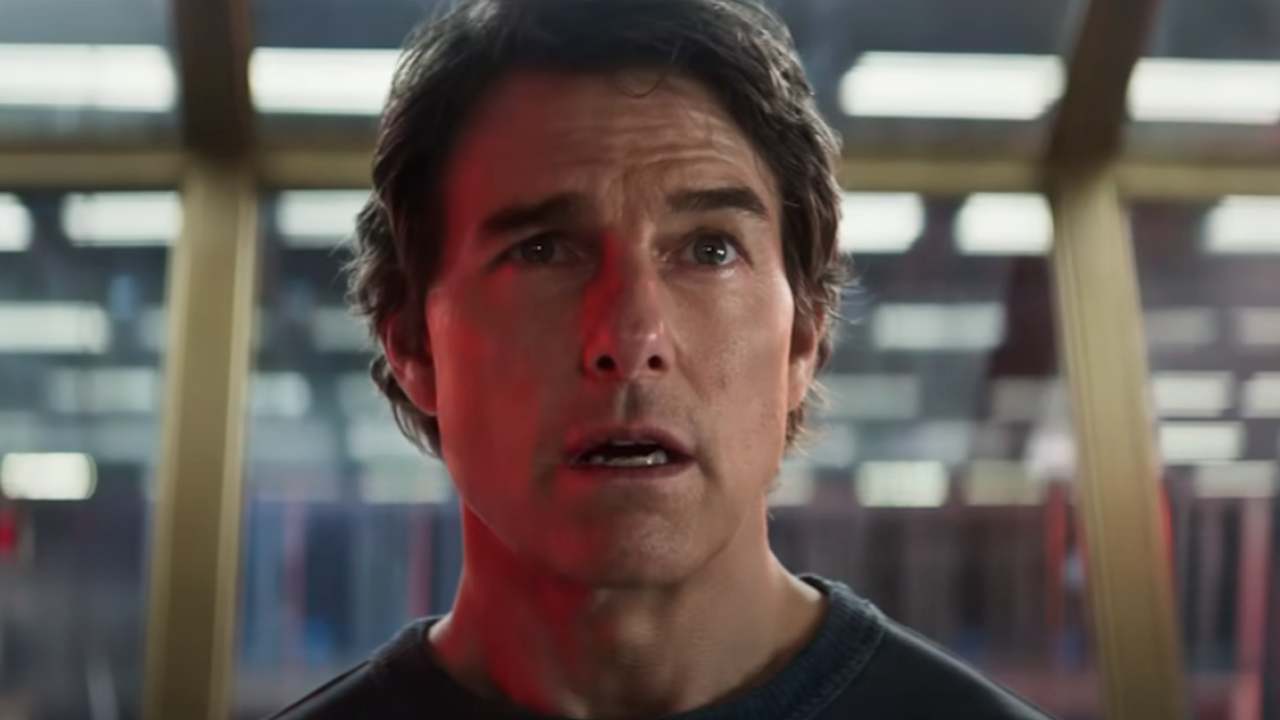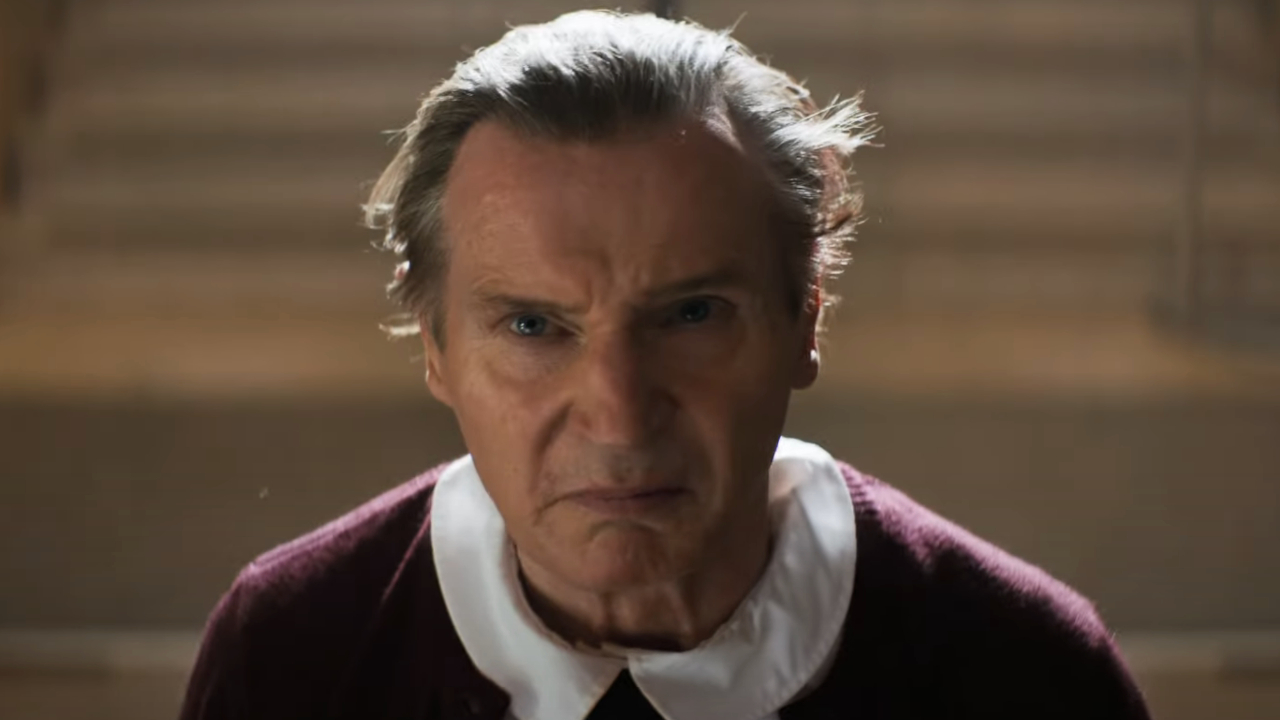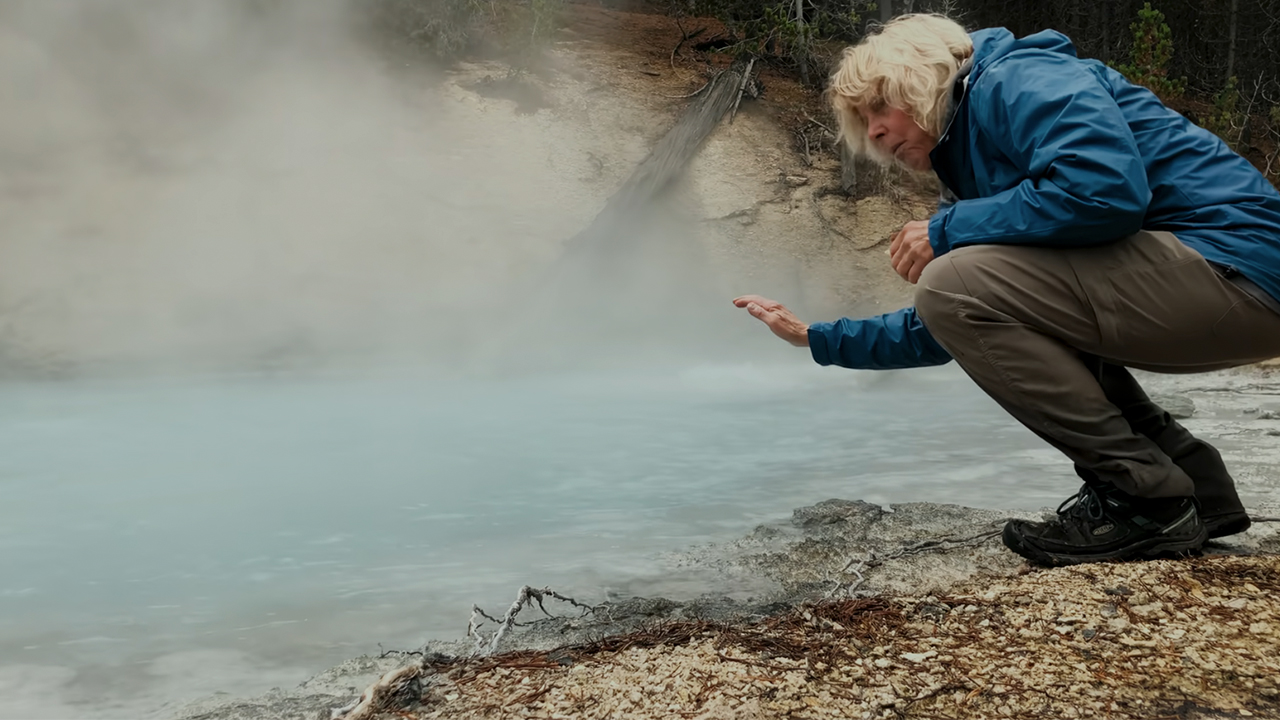Prisoners Ending Explained: Exploring The Crime Thriller’s Ambiguous Ending And Symbolic Themes
Who are the real prisoners?
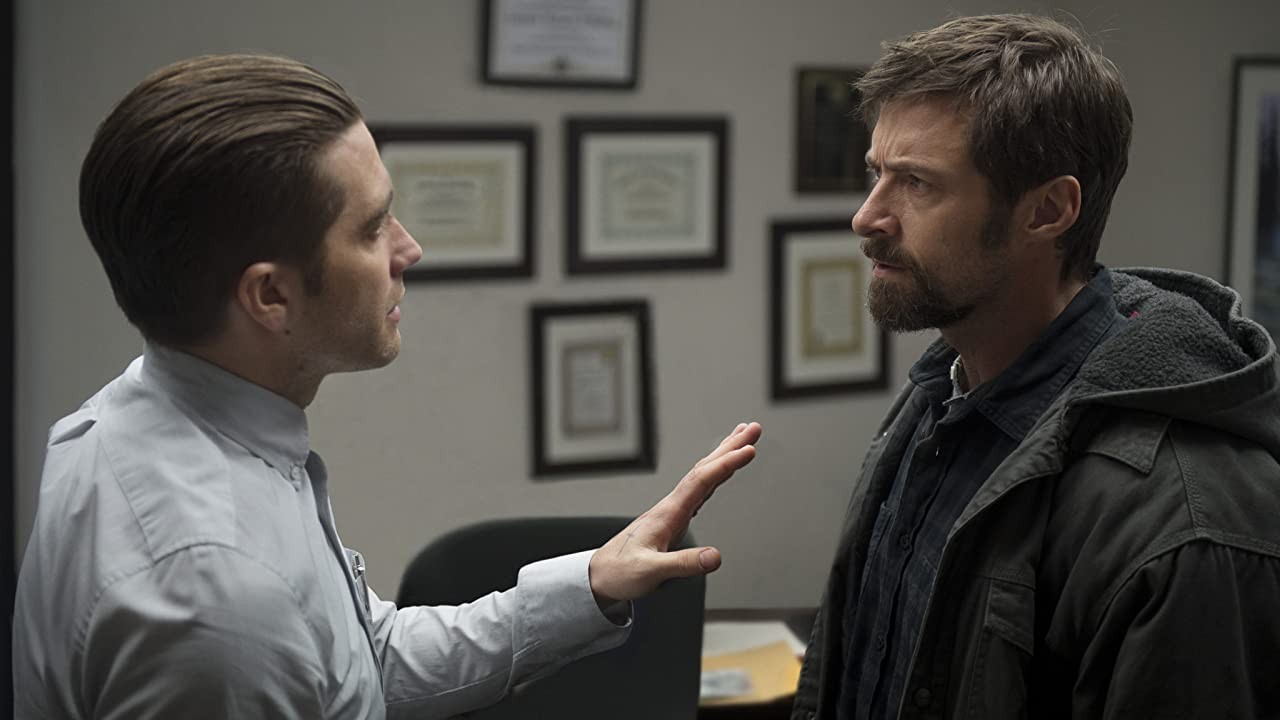
SPOILER WARNING: The following article gives away crucial story details about Prisoners, so unless you won’t be held captive by the burden of not knowing the ending, proceed with caution.
When we think of movies by director Denis Villeneuve, we usually picture high-concept, visually ambitious sci-fi epics such as Arrival, Blade Runner 2049, or Dune. However, his first English-language mainstream hit, Prisoners, is a more grounded crime drama, but is still an aesthetic masterpiece (featuring Academy Award-nominated cinematography by the masterful Roger Deakins) and a thought-provoking, twisted, captivating puzzle of a thriller, nonetheless.
The story of the devastating abduction of two young girls, a desperate, working-class father (Oscar nominee/Wolverine actor Hugh Jackman) who takes matters into his own hands, and a devoted police investigator (Oscar nominee Jake Gyllenhaal) struggling to solve the case by the book is one that raises many questions throughout, even beyond its spine-tingling final shot. As the film approaches its ten-year anniversary and while it has been making a killing on Netflix’s Top 10 list for December 2022, let’s take a deep dive into the Prisoners ending, starting with a refresher on its concluding moments.
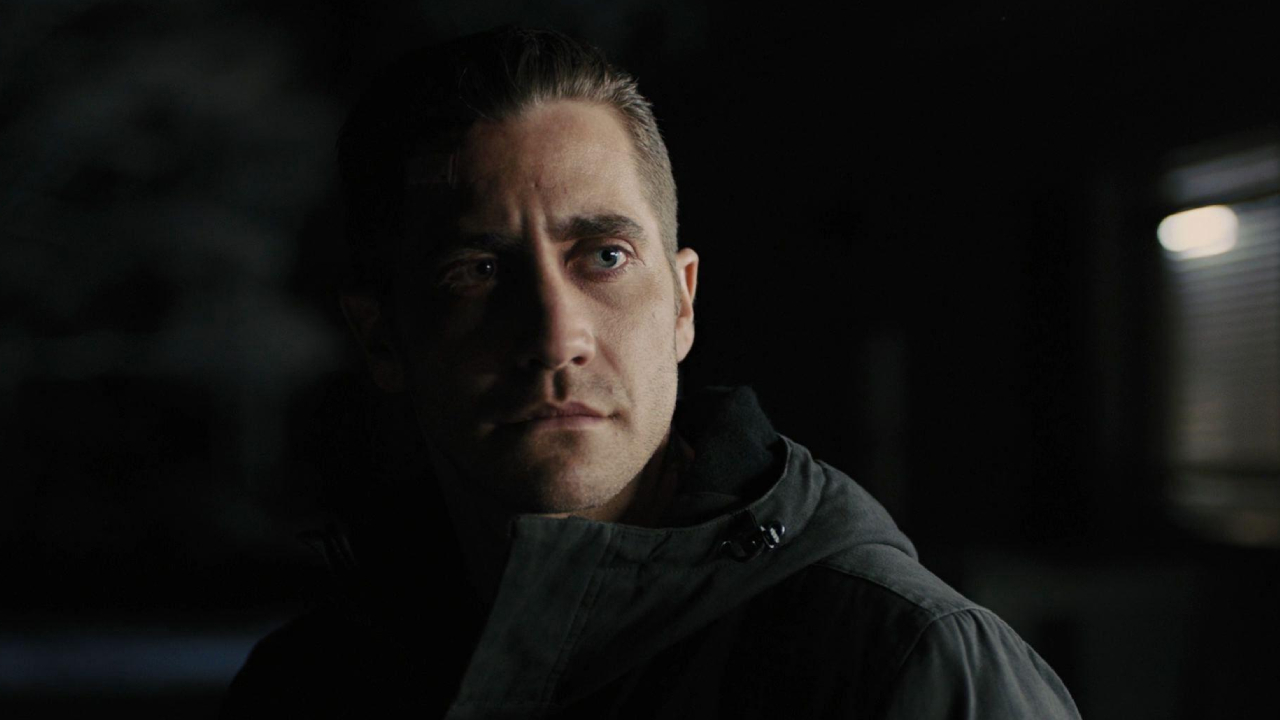
What Happens At The End Of Prisoners
After Franklin (Terrence Howard, the MCU’s original Rhodey) and Nancy Birch’s (Viola Davis) daughter, Joy (Kyla-Drew), is found alive, Keller Dover (Jackman) questions her about his daughter, Anna (Erin Gerasimovich), and she tells him he had already been where she is, making him realize that the kidnapper is Holly Jones (Melissa Leo).
When Dover goes to confront her, she pulls a gun on him, forces him to hand-cuff and drug himself, and leads him to the hidden pit in her backyard, during which she reveals she and her late husband have been abducting children from Christian families for years to make them feel how she did when she lost her son to cancer. While trapped inside the pit, he pulls out a flashlight he had on him, which allows him to find the red whistle his daughter said she went looking for before she disappeared.
Meanwhile, after Alex Jones (Paul Dano, who gave one of the most twisted Riddler portrayals in The Batman) is found in Dover’s makeshift torture chamber, Detective Loki (Gyllenhaal) is sent to notify Holly, whom he finds drugging Anna and kills her in a shootout that also leaves his head severely injured. He desperately and erratically rushes the unconscious child to the hospital and succeeds before later learning that she is recovering well from her mother, Grace (Maria Bello), to whom Loki confirms her husband will likely be arrested if found. Later, Loki is observing a search for further evidence at Holly’s house and, as he is about to leave, hears a faint whistling that catches his attention before we fade to black.
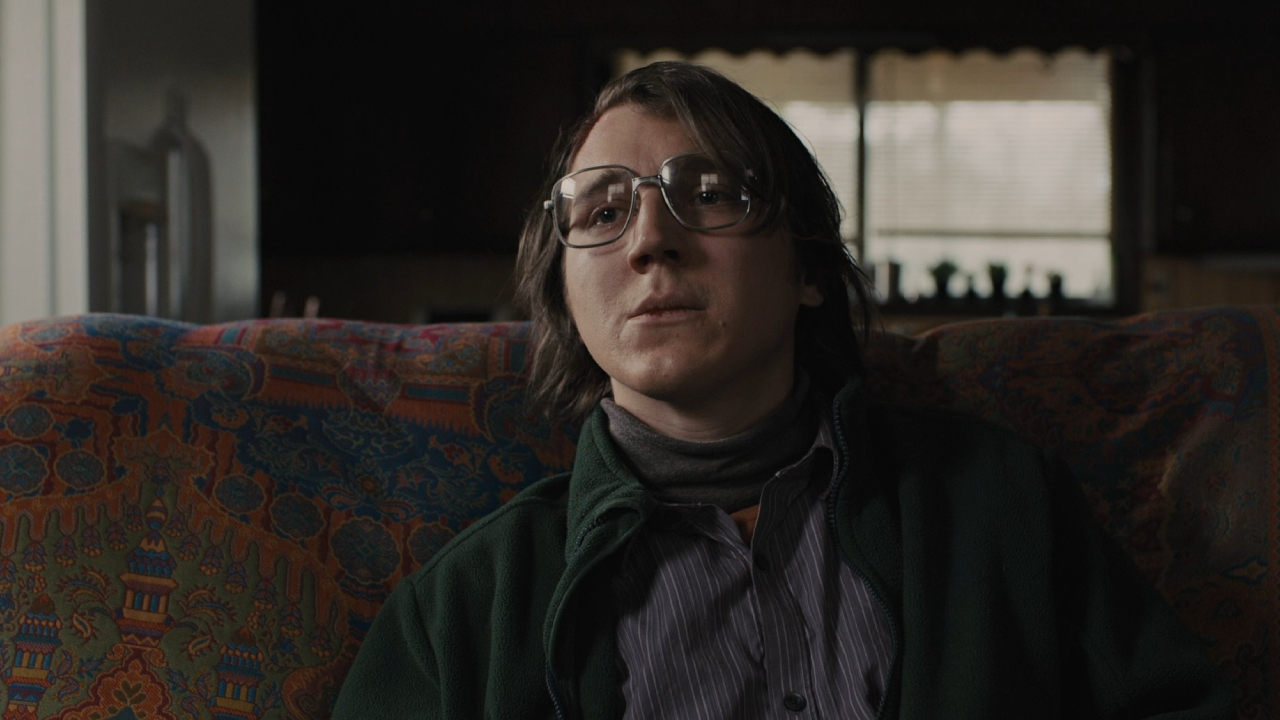
What Was The True Identity Of The Kidnapping Suspects?
Prisoners introduces two prime suspects in the case of Anna and Joy’s disappearances and, despite many reasons to believe the contrary, neither of them are guilty, but are really victims of the Jones’ kidnappings — the first being her “nephew” Alex (one of Paul Dano’s most powerful performances).
CINEMABLEND NEWSLETTER
Your Daily Blend of Entertainment News
His real name is revealed to be Barry Miland, which explains why, at one point, he tells Dover that he is not Alex, and it also suggests his mental ineptitudes come from trauma after years of captivity. This explains why he struggles so much to answer Dover’s questions, in addition to the desperate father’s extreme and torturous tactics, which are clearly just a new chapter to his ongoing nightmare that thankfully ends when Alex/Barry is reunited with his real family.
While Alex is missing, Loki becomes suspicious of a man named Bob Taylor (David Dastmalchian in his first collaboration with Villeneuve before joining the Dune cast), whom we later learn from Holly’s confession to Dover was her second victim. Evidence of this reveal is littered all throughout Prisoners — from Taylor’s behavioral attitudes that slightly resemble that of Alex’s to his obsession with drawing mazes that resemble the symbol on Holly’s late husband’s necklace.
His false confession to killing Anna and Joy could be out of some Stockholm syndrome-based compulsion to abide by Holly’s will, while his choice to end his life while under interrogation could be motivated by some desire to escape the trauma the Holly caused him.
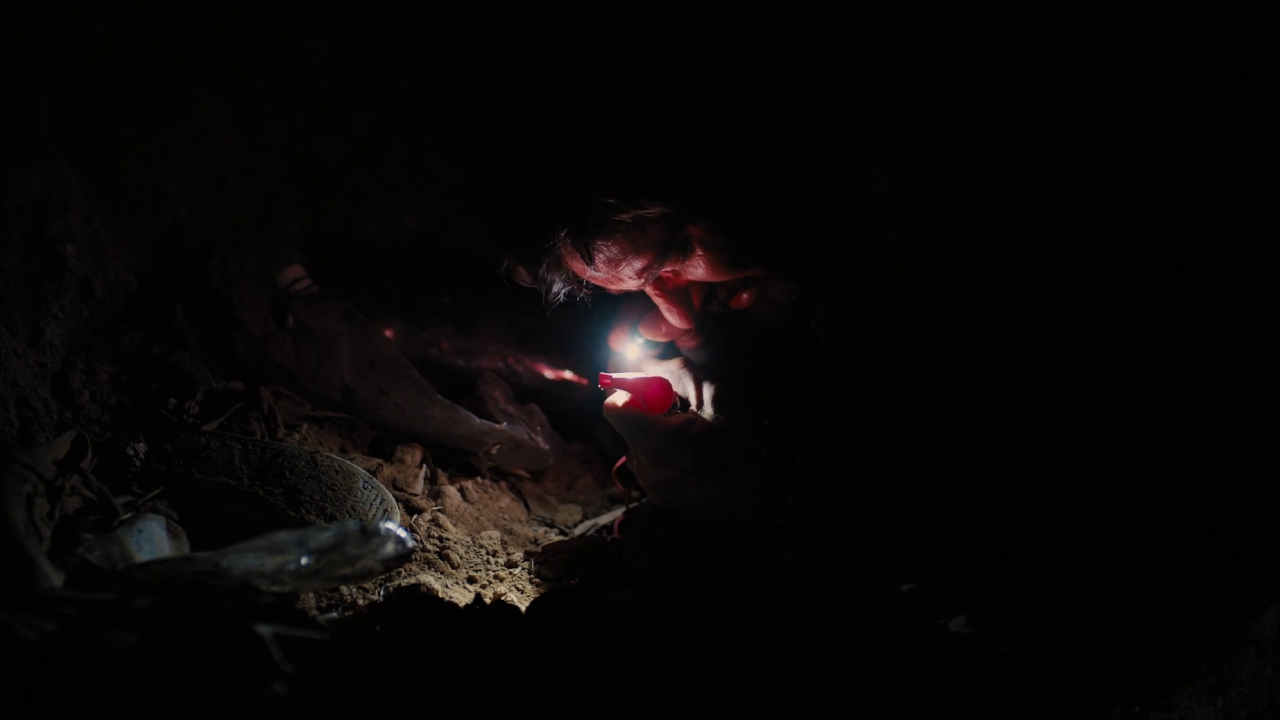
Does Keller Dover Get Saved?
Despite a relatively straightforward plot, the Prisoners ending is somewhat ambiguous. The final shot sees Loki, supposedly, realizing that Dover is alive and trapped in in Holly's pit from the faint sound of Anna’s red whistle.
This open-ended conclusion leaves us with no choice but to follow Dover’s motto, which Loki even paraphrases just a moment before, to “pray for the best and prepare for the worst.” We can hopefully, and with some degree of certainty, infer that Loki immediately followed the whistling to find it coming from beneath the plywood underneath Holly’s car, caught the forensic investigators before they packed up and left, and had them help bring Dover to safety. Of course, even if this rescue does take place, Dover must still be prepared for the worst himself, as he will likely be facing another kind of prison soon as punishment for his treatment of Alex.
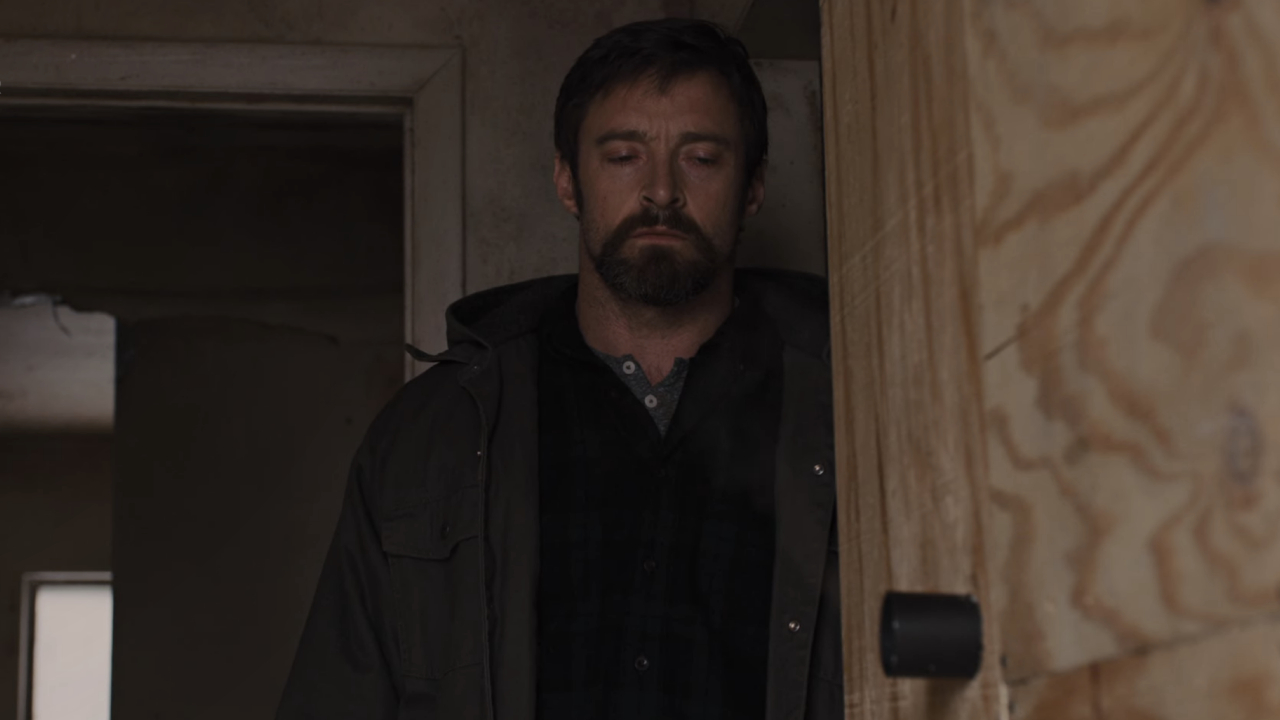
What Is The True Meaning Of The Title, Prisoners?
Speaking of prisons, in addition to the characters who are literally being held captive in the film — Alex, Anna, Joy, and later, Dover — the film’s title also refers to those who are prisoners to their own desperation or, more specifically, an inescapable devotion to achieving their own sense of justice no matter the cost.
This theme applies symbolically to both Dover, as a father who takes extreme, inhumane measures to find his daughter, and Loki, as a cop struggling to do right by the people he has sworn to protect and maintain a sense of order without losing himself in the process. The theme ends up becoming more literal in Dover’s case however, as it is his vigilantism that ends up getting him captured by Holly.
Villeneuve comments on Dover and Loki’s dynamic in an interview for ScreenSlam, comparing it to a “cowboy vs. sheriff” scenario in an old Western, while also analyzing each character’s moral drive and how, despite their conflicting ideas, they are united by a strong belief that they are each doing the right thing. You could also apply this theme to Holly, who believes her child abductions are justified because she is a victim of child loss herself, referring to it as a "war against God."
Just about every character in Prisoners is held captive by something that is unique in some way, which makes this a powerful and profound story of law and order.

Jason Wiese writes feature stories for CinemaBlend. His occupation results from years dreaming of a filmmaking career, settling on a "professional film fan" career, studying journalism at Lindenwood University in St. Charles, MO (where he served as Culture Editor for its student-run print and online publications), and a brief stint of reviewing movies for fun. He would later continue that side-hustle of film criticism on TikTok (@wiesewisdom), where he posts videos on a semi-weekly basis. Look for his name in almost any article about Batman.
